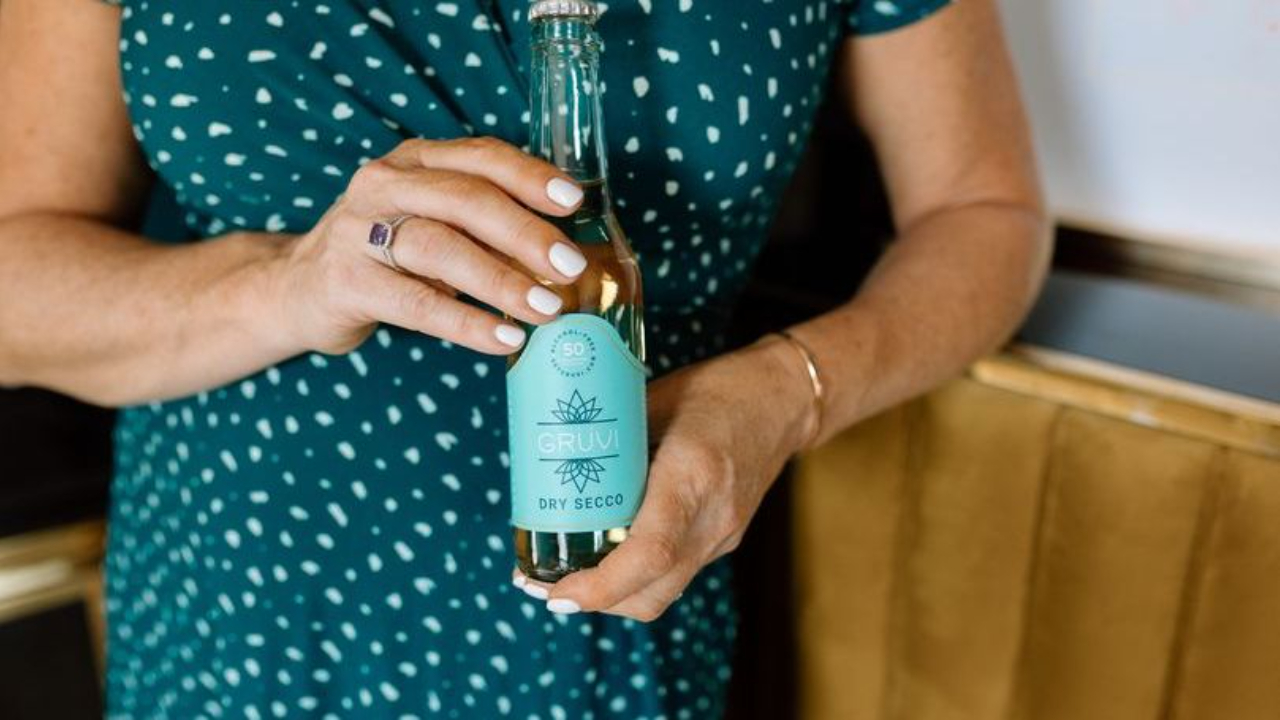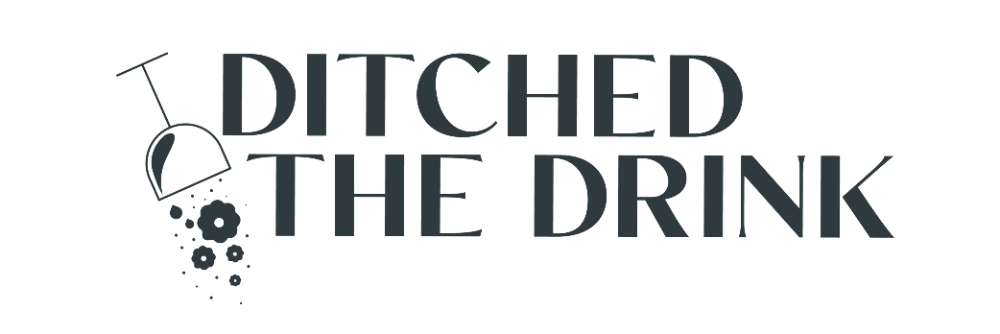Are Alcohol Free Drinks a Tool or a Trigger?
Oct 06, 2023
Alcohol-free drinks can be a helpful option for people that are sober or sober curious. However, the appropriateness of alcohol-free drinks depends on several factors:
- What Stage of Sobriety? In the early stages of sobriety, some individuals may find it best to avoid any beverages that mimic the taste or appearance of alcoholic drinks, including alcohol-free alternatives. This is because consuming such drinks might trigger cravings or lead to drinking alcohol for some people. Over time, as individuals become more confident in their sobriety, they may choose to incorporate alcohol-free options into their lifestyle. I personally, didn’t have any alcohol free alternatives my whole first year of sobriety. I was afraid they might trigger me into craving an alcoholic drink. As a drinker, wine was my drink of choice. I started to explore with alcohol free beer in my second year of sobriety and found it to be a great tool at that time. Both beer and alcohol free spirits ended up being tools, not triggers for me. If you’re ready to explore the alcohol free world, you might want to start with something that wasn’t your drink of choice and test how you feel. Now at almost 6 years sober I enjoy all alcohol free drinks, including wine. My feelings about this have changed over time. As a Sober Life Coach many of my clients immediately stock up on alcohol free drinks and it's a great tool. Many of my friends that drink alcohol have been excited and curious to try my alcohol free selection too.
- What are My Personal Triggers? Everyone's triggers and temptations are different. Some individuals may have no issue with consuming alcohol-free drinks that resemble alcoholic beverages, while others may find them problematic. It's crucial for those in recovery to be aware of their personal triggers and make decisions accordingly. Once I got comfortable consuming alcohol free alternatives, I felt like a “normal” drinker. For the first time in my life I could have just one drink and not desire more. Without the alcohol, it wasn’t hitting my brain in the same way. It was fun to enjoy a tasty drink and the feeling of belonging, without having it take over me the way alcohol did. I am so grateful for the options and I love to drink and explore all kinds of alcohol free beverages now.
- What Support and Guidance Do I Have? As a Certified Professional Recovery Coach this is a top question I get asked. A professional can provide personalized advice and help individuals navigate the challenges of sobriety, including the use of alcohol-free drinks. One client was obsessing and compulsively planning a romantic Valentine’s Day with alcohol free champagne in her first weeks of sobriety. She was almost sick with worry over it. For a 2 weeks she was coming to me with questions. She was almost terrified to purchase and then afraid to drink alcohol free champagne. I gently pointed this out to her. The thinking about drinking, even drinking alcohol free was consuming her. This was a clear sign that she wasn’t ready and it wasn’t worth it. The goal was to be free, not thinking about drinking. She found herself in the same cycle of thinking about drinking when it came to the alcohol free bubbly. When we explored the option of pink lemonade served in fancy glasses she was immediately relieved. She knew that was the right choice for her at that time. She went on to have a beautiful Valentine’s Day with rose petals, romance, and pink lemonade. If the idea of alcohol free drinks makes you anxious you can skip it. They may be ok for another reason or another season. It is also ok if they never feel right to you. It’s not a necessary threshold to cross.
- What are the Ingredients? Pay attention to the ingredients of alcohol-free drinks. Some may contain trace amounts of alcohol (usually less than 0.5% alcohol by volume) due to fermentation or production processes. While these small amounts are generally considered safe, some individuals may prefer to avoid them entirely. I am ok to drink any low or no alcohol at this point, but some may feel differently so it's important to be aware.
- How do I Stay Mindful? Be mindful of your motivations for consuming alcohol-free drinks. Are you using them as a substitute for alcoholic beverages, or are you enjoying them for their taste and social aspects? If you find that you are using them as a substitute, it's essential to explore healthier coping strategies and seek professional help if needed. I thought my quest was to find a red wine that tastes like real red wine. When I finally found it, it tasted like sadness and depression for me. I realized I didn’t actually want to replace the flavor or the habit of sitting on the couch alone at night. My world had opened up so much bigger and brighter in sobriety, the desire for gulping red wine alone was no longer the goal for me. I had been searching for an alcohol replacement for wine, and something to taste like, well alcohol. I now have a new mindset when it comes to alcohol free drinks. I am not comparing alcohol free wine to alcoholic wine. If you do that the alcohol free wine will always come up short because spoiler alert, it mostly does not taste like alcohol. But…but…alcohol free wines have a delicious flavor all on their own. I enjoy a sophisticated sip and the ritual of treating myself while making dinner or watching a show. I don’t need the alcohol. Gruvi Dry Secco and Gruvi Sangria are my absolute favorites.
- Assess and Evaluate Alcohol free beverages have become a great tool in my sobriety kit. I love having options. I love the ritual of sipping something special. I love feeling like I am treating myself. There have been no downsides to consuming alcohol free alternatives. I feel included in celebrations. My friends encourage me to bring my own drinks and they have filled their fridges and cocktail carts with alcohol free options for me as well. It's a healthy choice for me and anyone, not just people that are sober and sober curious. One third of the population doesn't drink alcohol so having options is a great for diversity and inclusion as well. I love being a leader in my peer groups showing how much fun it is to be alcohol and free. The focus can be on connection and not what's in our glass.
In summary, alcohol-free drinks can be suitable for individuals in sober discovery or recovery from alcohol addiction, but the appropriateness of using them should be assessed on an individual basis. If you or someone you know is in recovery, it's essential to consult with a professional who can provide personalized guidance and support in making the best choices for maintaining sobriety. It's also crucial to stay connected with support groups, like Ditched the Drink Insider Community Membership and maintain a strong support network during the alcohol free journey.
